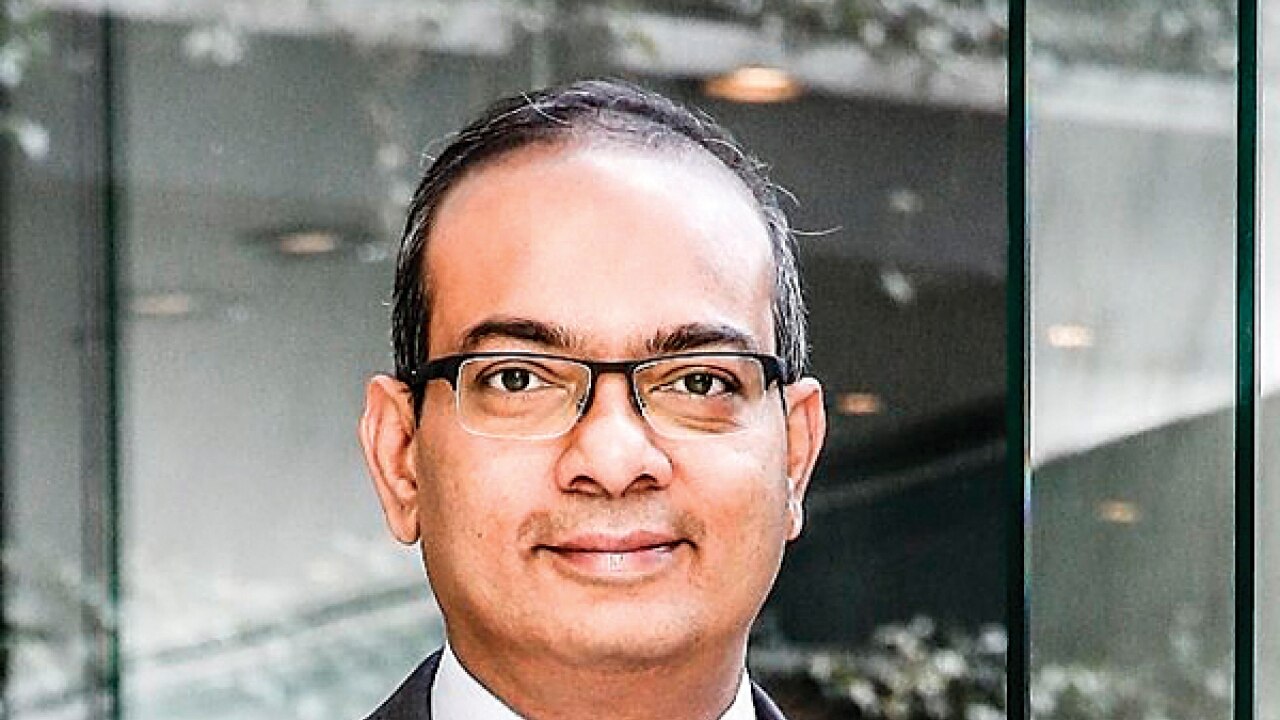
Can you tell me more about WNS?
WNS is a heritage player of sorts in the BPM area. It was created in the 1990s as a captive unit of British Airways. In 1996 it was bought over by Warburg Pincus, which exited three years ago. WNS is listed on the NYSE. But the company itself is board managed. Its shareholding is very widely dispersed. It has 28,890 employees, and notched up net revenues of $503 million for fiscal 2015, a growth of 11% over the previous year. Our adjusted net income was $92.3 million, an increase of 27.5%. The market cap is currently at $1.5 billion. It used to be around $300 million when I joined this company in 2010. Since then, this company has been a pioneer of sorts in an ndstry that collectively accounted for revenues of $27 billion last year in India and which i think will cross $50 billion by 2020. Today WNS comprises professionals – we have 9,000 accountants, 2,000 research and analytics staff. And unlike BPO (Business Process Outsourcing) companies, we have nudged this company into the BPM area. Today, most of our clients are global – we have strong businesses in North America, Asia-Pacific, Europe and the Middle East.
What did you do to boost WNS' fortunes?
When I came in, I could see that the wage arbitrage model of the BPO segment was shifting dramatically. This company had been more or less stagnating for three years. So I looked at the positives, and could see the potential of getting a lot more done through WNS. Once I had my plans ready, I had to get the adrenalin pumping in the entire team, and even in our clients.
So we worked on our mission statement. The first important leg was that we had to enable our clients to outperform. We had to go beyond order-taking, to reach a position where we could actually recommend to our clients ways in which it could climb the value chain. We thus had to learn to behave as a strategic partner, not just a vendor. To differentiate ourselves, we began to draw up our own circle of values. We had four centres then, and we went to town halls to explain to others what made us different. We decided to focus on end-to-end, vertically aligned models. We thus began to sell banking, travel, shipping and logistics solutions. To do this, we had to invest dramatically in skill building and training in order to acquire domain knowledge. We then began working towards a business model where instead of making our clients pay for inputs, we began charging them a percentage of the outcomes that we had helped the client achieve. This way, revenues went up faster than headcount. We began to focus on analytics, technology and even robotics. As a result, over the past five years, our profitability is at least 5% higher than our peer BPM companies. That allows us to invest more in our people and businesses. Our guidance to the stock markets also indicates double-digit growth rates.
Where do you go from here?
We are now witnessing the third wave of BPM. The first wave was where the industry tell its clients that we could handle their mess for less. It was the wage arbitrage model. The second wave was all about domain knowledge and technology. The third wave is where we begin helping our clients with decision making and move into vertical leadership. For instance, we have just begun to push for fair audit processes for airlines, where airlines begin to find out whether a customer of theirs has been shortchanged in any manner. We are building their business practices – based on fair principles for them. Today we have 21 airlines with us. And we deal with the entire spectrum – voice, chat, domain and analytics. In India, we believe that this will mean that more growth will come from Tier II and III towns. Earlier people came to Tier I cities in search of jobs. Today, we hope to bring jobs to the small cities where they reside, and teach them to climb the value chain. For instance, we have created domain-based universities for WNS employees, called The Gateway. Through structured learning interventions, WNS employees can make the cut from being generalists to specialists. WNS today has domain universities in travel and leisure, banking and financial services, healthcare, insurance, and shipping & logistics. Efforts are on to extend it to all the verticals the company specialises in. Besides the above, WNS has industry capabilities in telecom, manufacturing, utilities, consumer goods, retail and professional services. We are in discussion with the government, both as WNS and through Nasscom, on how to make this possible.